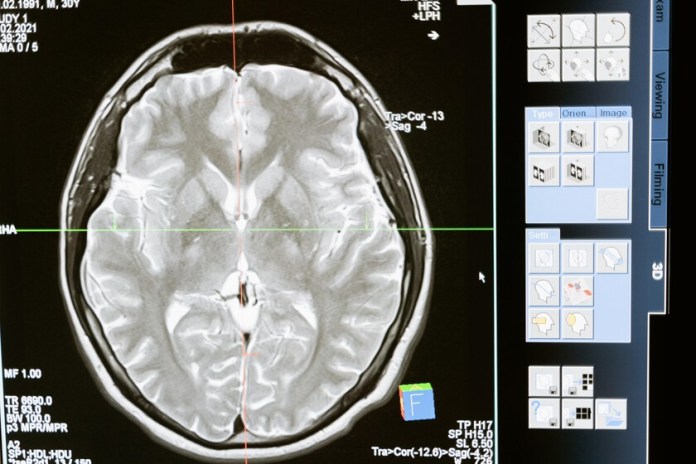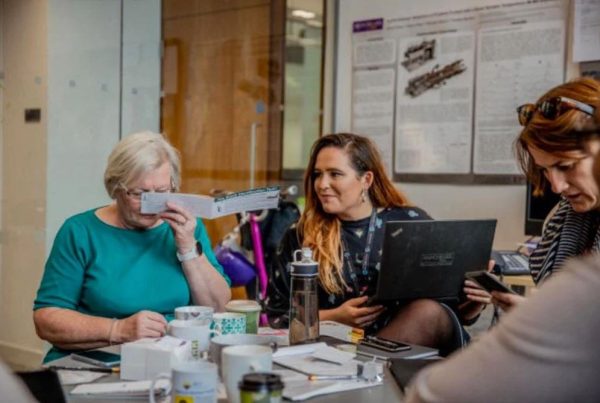We often see technology as a threat to cognitive processes like our memory. But perhaps it is also through technology that we can improve our ability to retain information in our brains. A team of US researchers has shown that electrodes implanted in the hippocampus have been shown to be able to improve memory.
A decade of preparation.
After extensive theoretical work in the study of how the brain forms memories and a phase of animal experimentation, a team of American researchers has announced the first results of the study in which it has been possible to improve the memory of participants through brain prostheses . These results were published in the journal Frontiers in Human Neuroscience.
Electrodes to stimulate the brain.
The prosthesis consists of millimeter-sized electrodes that are inserted inside the brain. Specifically in the hippocampus, a structure in the central area of this vital organ, shaped like a horseshoe and which is usually associated with smell, memory and spatial orientation.
The electrodes have a dual function: on the one hand, they record the electrical impulses that occur in this brain region when a new memory is created; on the other, they replicate that same impulse to make this memory return to our brain.
Two models…
The researchers designed two memory retrieval mechanisms. On the one hand, a “simple” one, the Memory Decoding Model (MDM) that can be described as in the previous paragraph: the implant records brain activity at the moment the memory is formed and then replicates the impulse when it has to access the memory.
The model multi-input, multi output (MIMO) introduces an intermediate step in order to more faithfully replicate the processes that occur in the hippocampus: the electrical activity flows between different layers of this brain region before spreading to other areas of the organ.
The researchers studied both models through brain implants in 24 participants. These participants were patients with epilepsy who already had electrodes implanted in the brain as a treatment. Some of these patients suffered from brain injuries that affected their memory. This methodology implies that one must be cautious when extrapolating results to general populations.
…And many types of brain.
However, this is only a first approximation. The implants used were only capable of compiling information from between 40 and 100 neurons. To create a functional prosthesis, the electrodes would have to collect and transmit information between much larger numbers, stories or thousands of neurons.
Another limitation the team encountered is the diversity in the brain functioning of the participants. This implies that the electrical signals compiled by the implants varied from participant to participant.
Many details yet to be explored.
In addition to these issues, implementing these prostheses in practice will require solving other unknowns. For example, whether the devices should be compiling information at all times or if they should only be activated at times when we have to remember specific aspects of our day to day.
In relation to this, the researchers also raise the question of whether it would be convenient for the devices to work during our sleeping hours. All this implies that the road ahead is long. Even more so if we add to this that the use of any treatment requires a series of tests to accurately determine its safety, efficacy and efficiency.
Fight Alzheimer’s.
The developers of this technology hope that it can help people with memory problems induced by injuries or diseases such as Alzheimer’s. One of the results of the experiment can be interpreted as a positive sign in this direction: the participants with the worst memory were the ones who improved the most when using the device.
The researchers still don’t know exactly why this happened, but speculated that it might simply be because they had more room for improvement thanks to the device. It could also be good news for everyone, since memory is an ability that everyone loses to a greater or lesser extent with age.
Alzheimer’s is a disease that is estimated to affect 44 million people in the world, about 6 million in Spain. There is no cure and the latest news in the fight to eradicate this disease has not been positive. That is why medicine today focuses on tackling its symptoms, as is precisely the case with memory loss.













